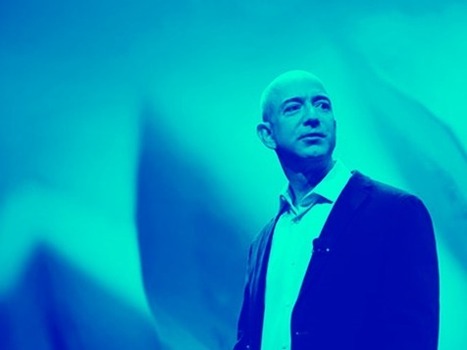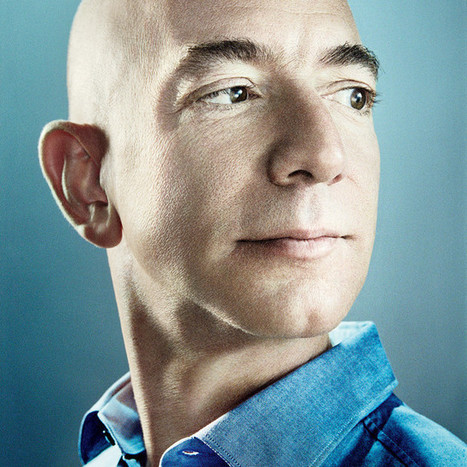by Sean Blanda
“If everything you do needs to work on a three-year time horizon, then you’re competing against a lot of people,” Bezos told Wired in 2011. “But if you’re willing to invest on a seven-year time horizon, you’re now competing against a fraction of those people, because very few companies are willing to do that.”
-------
"We can’t realize our potential as people or as companies unless we plan for the long term."-------
"In a nod to Bezos’ obsession with long-term thinking, 99U has combed through a dozen interviews and profiles on the CEO and pulled out a handful of his day-to-day habits that can help you keep an eye on the long term, just like Bezos."



 Your new post is loading...
Your new post is loading...










A superb reminder at we can’t realize our potential as people or as companies unless we plan for the long term.